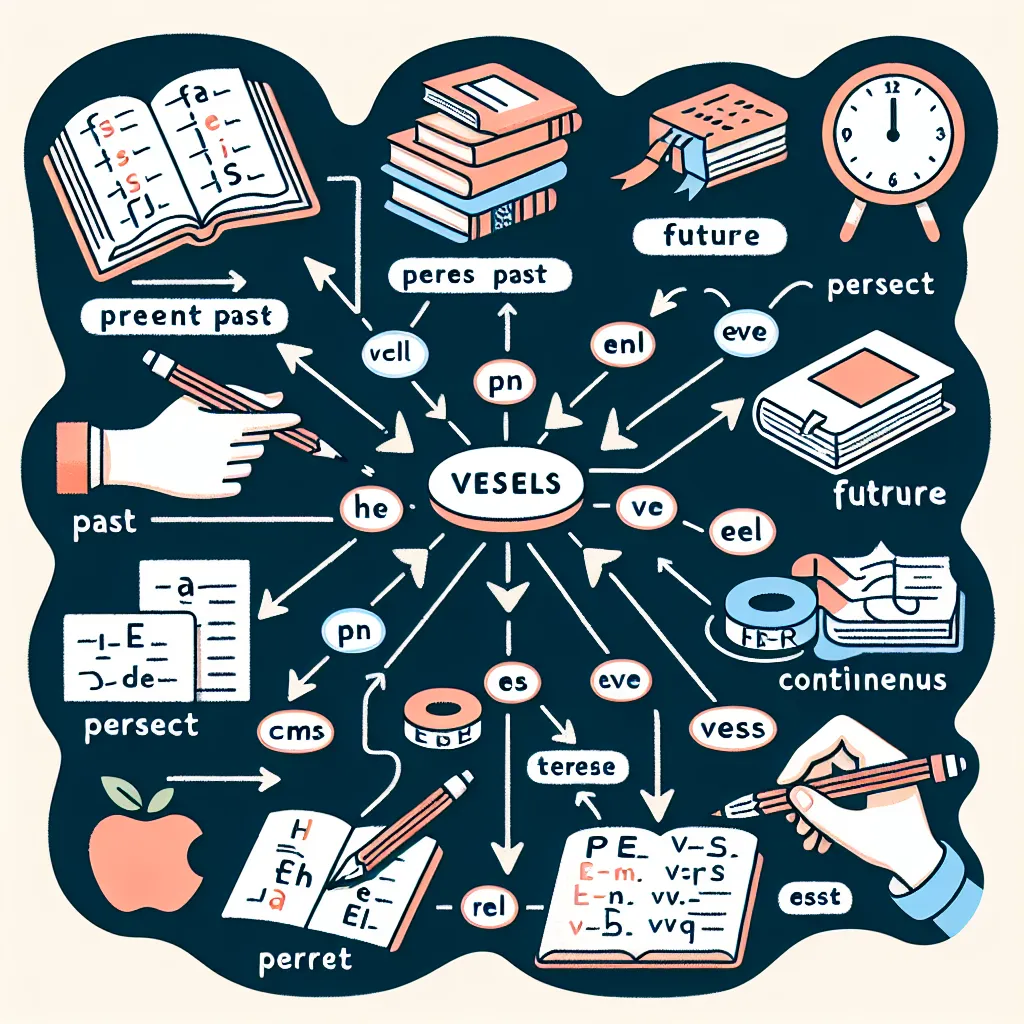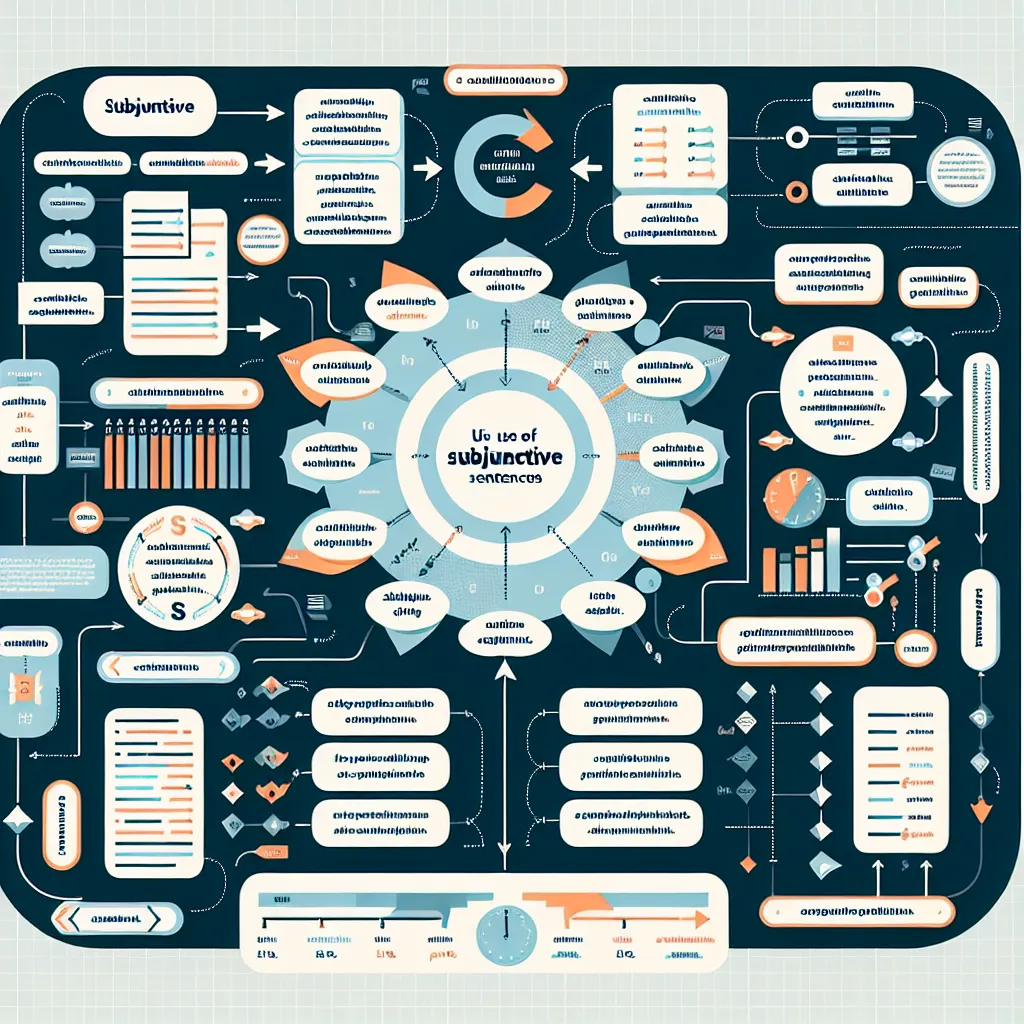Policy briefs are crucial documents that require precise language and advanced grammar to effectively communicate complex ideas to decision-makers. This guide will explore the essential grammar techniques for crafting compelling policy briefs, helping you elevate your writing to a professional standard.
Understanding the Importance of Advanced Grammar in Policy Briefs
Policy briefs demand a high level of linguistic sophistication to convey intricate policy recommendations concisely and persuasively. Mastering advanced grammar is crucial for several reasons:
- Clarity: Advanced grammar structures allow for nuanced expression of complex ideas.
- Credibility: Polished writing enhances the perceived authority of the brief.
- Persuasion: Skillful use of language can make arguments more compelling.
- Precision: Advanced grammar enables the writer to articulate subtle distinctions in policy options.
 Professional Policy Brief Writing
Professional Policy Brief Writing
Key Grammar Elements for Policy Briefs
1. Complex Sentence Structures
Policy briefs often require the use of complex sentences to express multifaceted ideas. Mastering these structures is essential:
- Subordinate clauses: “While the current policy has shown some success, it fails to address the underlying economic disparities.”
- Relative clauses: “The initiative, which has been implemented in several states, has demonstrated promising results.”
- Participle phrases: “Considering the budgetary constraints, policymakers must prioritize cost-effective solutions.”
2. Advanced Verb Tenses and Aspects
Precise use of verb tenses and aspects is crucial in policy writing:
- Present perfect continuous: “The government has been implementing this strategy for the past decade.”
- Future perfect: “By 2030, the program will have reached all target communities.”
- Conditional perfect: “Had the policy been enacted earlier, it would have prevented the current crisis.”
3. Passive Voice in Policy Context
While active voice is generally preferred, passive voice has its place in policy briefs:
- To emphasize the action over the actor: “The legislation was passed with bipartisan support.”
- To maintain objectivity: “It is recommended that the following measures be adopted.”
4. Advanced Modals for Recommendations
Policy briefs often use advanced modals to express varying degrees of certainty or obligation:
- “The government ought to consider alternative energy sources.”
- “Policymakers might wish to explore more sustainable options.”
- “Local authorities must ensure compliance with the new regulations.”
Crafting Effective Topic Sentences
Each paragraph in a policy brief should begin with a strong topic sentence that clearly states the main idea:
- “The proposed tax reform offers three key advantages for small businesses.”
- “Implementation of the new healthcare policy faces significant logistical challenges.”
These sentences set the tone for the paragraph and help the reader quickly grasp the main points.
 Policy Analysis and Data Visualization
Policy Analysis and Data Visualization
Utilizing Transitional Phrases
Smooth transitions between ideas are crucial for maintaining the flow of your policy brief:
- To add information: “Furthermore,” “Moreover,” “In addition”
- To contrast: “Conversely,” “On the other hand,” “Nevertheless”
- To conclude: “In light of these considerations,” “Given these points”
Example: “The current policy has shown limited success. Nevertheless, with strategic modifications, it has the potential to yield significant improvements.”
Incorporating Authoritative Language
Policy briefs should convey authority and expertise. Use language that reflects confidence in your analysis:
- “Evidence strongly suggests that…”
- “Analysis clearly demonstrates…”
- “It is imperative that policymakers consider…”
Avoiding Common Pitfalls
1. Overuse of Jargon
While technical terms are necessary, overuse can obscure your message. Strike a balance:
Instead of: “The policy’s implementation necessitates a multifaceted approach to synergize stakeholder engagement and optimize resource allocation.”
Try: “The policy requires a comprehensive strategy to engage stakeholders and efficiently allocate resources.”
2. Run-on Sentences
Long, complex ideas should be broken into manageable sentences:
Avoid: “The new environmental regulations will impact industries across the board, leading to increased compliance costs, which may result in job losses in the short term, but ultimately contribute to long-term sustainability and economic growth through innovation and adaptation.”
Instead: “The new environmental regulations will impact industries across the board, leading to increased compliance costs. This may result in short-term job losses. However, it will ultimately contribute to long-term sustainability and economic growth through innovation and adaptation.”
3. Inconsistent Tense Usage
Maintain consistent tense throughout your brief, especially when discussing policy timelines:
Incorrect: “The policy was implemented in 2020 and will continue until 2025. By then, it has achieved its primary objectives.”
Correct: “The policy was implemented in 2020 and will continue until 2025. By then, it will have achieved its primary objectives.”
Conclusion
Mastering Advanced Grammar For Policy Briefs is essential for effectively communicating complex ideas to decision-makers. By employing sophisticated sentence structures, precise verb tenses, and authoritative language, you can craft compelling briefs that clearly articulate policy recommendations. Remember to maintain clarity, use transitions effectively, and avoid common grammatical pitfalls. With practice and attention to these guidelines, your policy briefs will become more persuasive and impactful.
To further enhance your policy writing skills, consider seeking feedback from experienced colleagues, studying exemplary policy documents, and regularly practicing these advanced grammar techniques in your drafts.




